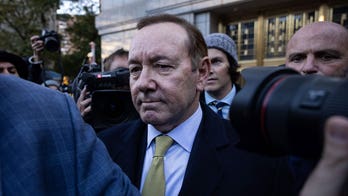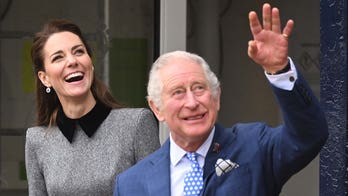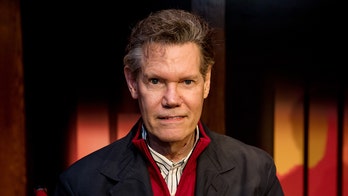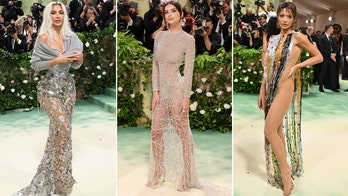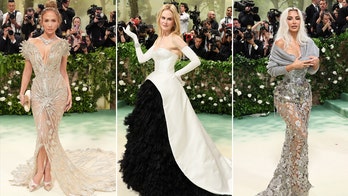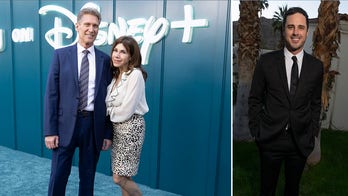
Salma Hayek added her voice Wednesday to the growing list of women accusing Harvey Weinstein of sexual harassment.
In an New York Times essay, the actress called Weinstein her “monster” and detailed her experiences while working on the 2002 Miramax-produced film “Frida.”
Hayek outlined the various demands Weinstein asked of her, including showering with him, letting him watch her take a shower, giving him a massage, performing oral sex on him and opening the doors to him at all hours of the night.
“The absurdity of his demands went from getting a furious call in the middle of the night asking me to fire my agent for a fight he was having with him about a different movie with a different client to physically dragging me out of the opening gala of the Venice Film Festival,” she wrote.
Hayek specifies that the price she suffered for rebuffing his attempts at sexual activity was to endure his continued rage.
At one point, she recalled, Weinstein threatened her saying, “I will kill you, don’t think I can’t.”
“In his eyes, I was not an artist. I wasn’t even a person,” Hayek said. “I was a thing: not a nobody, but a body.”
According to Hayek, Weinstein threatened to shut down “Frida” if she didn’t agree to doing a fully nude sex scene with her co-star Ashley Judd, who later was one of the first to accuse Weinstein of sexual harassment when the scandal broke in October. Hayek said it was clear there was “no room for negotiation.”
“Since those around me had no knowledge of my history of Harvey, they were very surprised by my struggle that morning,” she recalled. “It was not because I would be naked with another woman. It was because I would be naked with her for Harvey Weinstein. But I could not tell them then.”
“Frida” was eventually nominated for six Academy Awards, including Hayek for best actress.
Hayek said she grappled with the decision to come forward with her story. “I felt that by now nobody would care about my pain — maybe this was an effect of the many times I was told, especially by Harvey, that I was nobody,” she wrote. Ultimately, she decided to speak out upon hearing the women who came forward before her.
